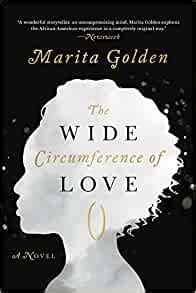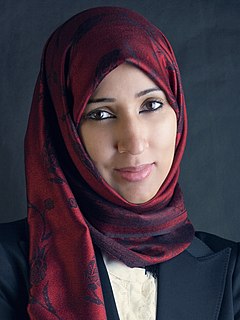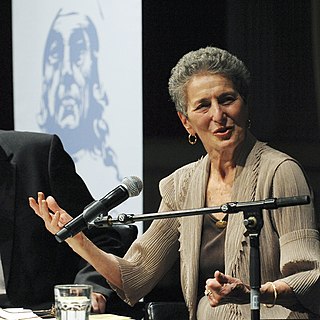A Quote by Steve Martin
Women have choices, and men have responsibilities.
Quote Topics
Related Quotes
Women have full equality with men before the Lord. By nature, the roles of women differ from those of men. This knowledge has come to us with the Restoration of the gospel in the fullness of times, with an acknowledgment that women are endowed with the great responsibilities of motherhood and nurturing.
There are many choices out there for young women. And you have to ask yourself whether you want to model your life on the women who let life pass them by and who spend their lives thinking they were victims and that men are the enemy. Or do you want to have a happy life with a successful marriage and 14 lovely grandchildren. The choices are out there.
We black women must forgive black men for not protecting us against slavery, racism, white men, our confusion, their doubts. And black men must forgive black women for our own sometimes dubious choices, divided loyalties, and lack of belief in their possibilities. Only when our sons and our daughters know that forgiveness is real, existent, and that those who love them practice it, can they form bonds as men and women that really can save and change our community.
Carla Hesse has given us an astonishing new look at women's struggle for independent expression and moral autonomy during the French Revolution and afterward. Denied the political and civil rights of men, literary women plunged into the expanded world of publication, answering the men's philosophical treatises with provocative novels about women's choices and chances. Lively and learned, The Other Enlightenment links women from Madame de Stael to Simone de Beauvoir in an alternate and daring path to the modern.
Today, despite all of the gains we have made, neither men nor women have real choice. Until women have supportive employers and colleagues as well as partners who share family responsibilities, they don't have real choice. And until men are fully respected for contributing inside the home, they don't have real choice either.
Within the new self-help books for women, patriarachy and male domination are rarely identified as forces that lead to the oppression, exploitation, and domination of women. Instead, these books suggest that individual relationships between men and women can be changed solely by women making the right choices.
































